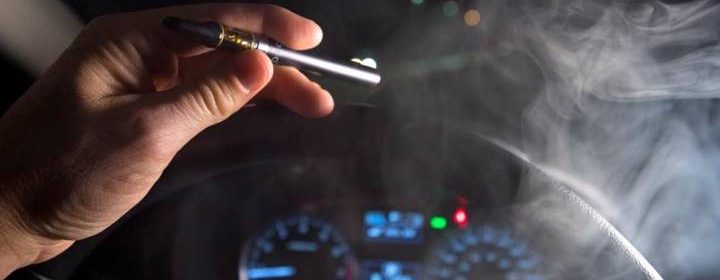Cannabis perceived as less dangerous than liquor when it comes to driving: study

With cannabis legalization still fresh on the scene, a new study from the Canadian Automobile Association [CAA] shows many young drivers aged 18 to 34 feel they’re better able to drive after consuming cannabis than alcohol.
The study polled young Canadians on how likely they were to drive after consuming alcohol or cannabis.
Eighty-nine per cent said they wouldn’t get behind the wheel after consuming alcohol, while on 66 per cent said they would do the same after consuming cannabis.
“There’s no safe level if you choose to do one then you choose not to do the other. So, if you’re going to drink or consume cannabis, choose not to drive,” said Nova Scotia RCMP spokesperson Cpl. Jennifer Clarke.
According to a recent Statistics Canada report, roughly one in seven drivers with valid licenses reported driving within two hours of consuming cannabis.
The study showed that people who smoke cannabis regularly were nine times more likely to drive than those who didn’t.
All part of a bigger safety picture that police are warning drivers to take note of.
“People think that they’re okay to drive in certain situations, there’s a huge risk to underestimating how that affects your body. A huge risk to yourself, to other people,” Cpl. Clarke said.
McGill University published a 2018 study that shows key areas of driving skills such as reaction time declines significantly among young Canadians hours after smoking the equivalent of less than one joint.
New driving laws in Canada were implemented this December and give police officers a wider range of authority when it comes to detecting whether someone is driving under the influence.
“When a person is stopped for a lawful reason, maybe it’s a seatbelt, or speeding, or blowing a stop sign, or something like that, we can then demand a sample of a persons’ breath for alcohol testing. Before we would have had to have reasonable grounds to do that but now simply because a person is stopped for a lawful reason we can screen them for alcohol consumption,” Cpl. Clarke said.
A new screening device called the Dräger DrugTest 5000 is also in the hands of Nova Scotia RCMP. The device uses saliva to test for seven types of drugs, including cannabis and cocaine.
Sign up for our Cannabis IQ newsletter
© 2018 Global News, a division of Corus Entertainment Inc.
Source: Read Full Article